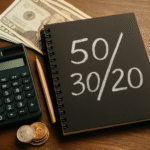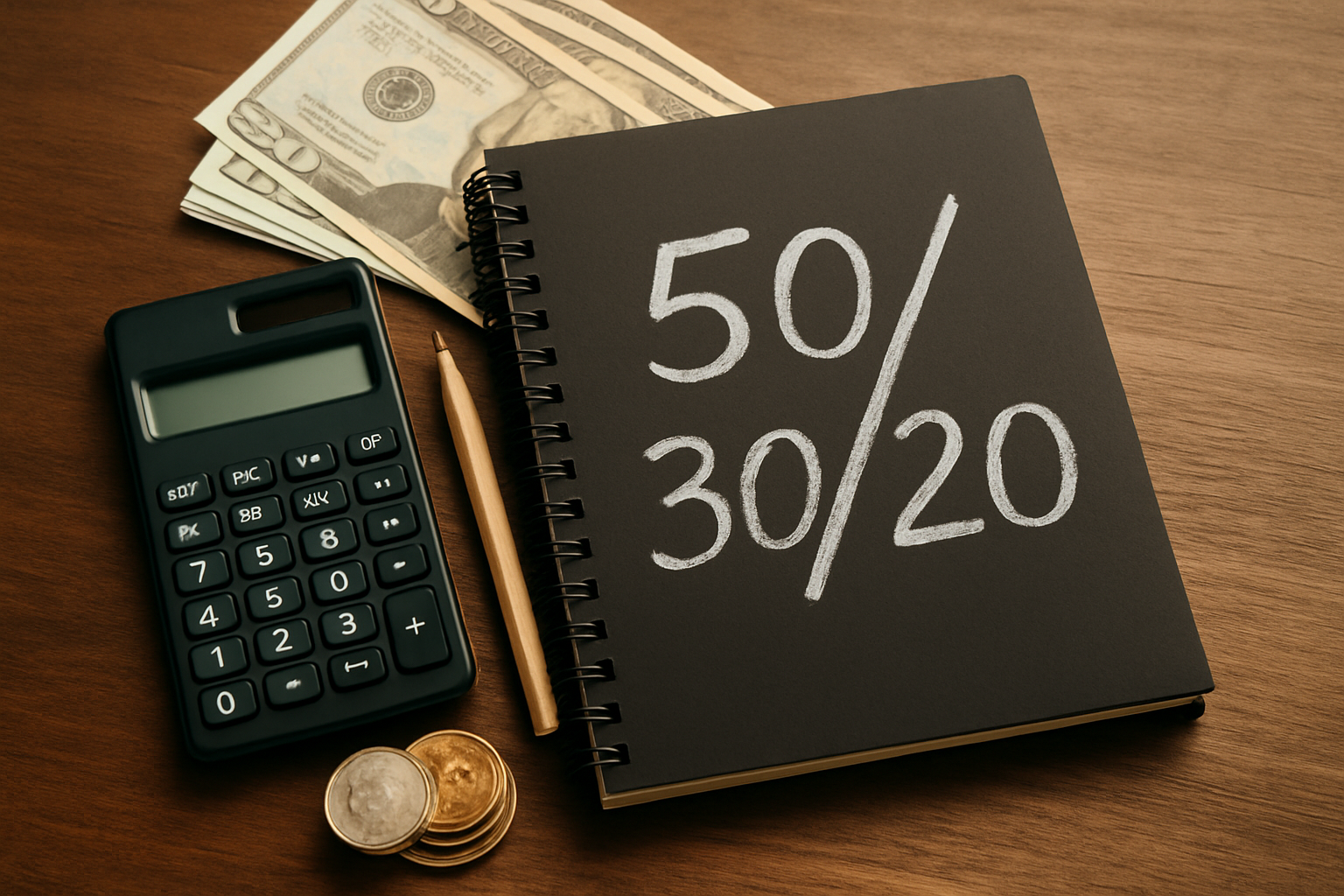A Step-by-Step Guide for Foreigners to Invest in Brazil
So, you’ve been hearing about Brazil lately, right?
Big economy, colorful culture, world-class coffee, and—oh yeah—lots of investment potential.
But here’s the thing: investing in Brazil isn’t like buying a stock in the U.S. or grabbing a rental property in Spain. There are quirks, some rules, and a few surprises along the way. That’s why I’ve put together this step-by-step guide for foreigners who want to invest in Brazil without feeling like they’re trying to read a map upside down.
Let’s walk through it together—no boring jargon, just real talk.
Understand Why Brazil is on the Radar
Before we jump into the “how,” let’s talk about the “why.”
Brazil is the largest economy in Latin America, the ninth in the world, and has a mix of strengths you won’t find everywhere else.
We’re talking:
- Natural resources that make other countries jealous (iron ore, oil, soybeans… you name it)
- A fast-growing middle class hungry for new products and services
- High interest rates that can actually work in your favor as an investor
Think about it this way: you’re at a farmers’ market. Some stalls have the same old apples and oranges. Then you see one stall with exotic fruits, colors you’ve never seen, and the smell of fresh coffee. That’s Brazil in the investment world—familiar in some ways, but also full of “wow, I didn’t expect that” moments.
Why foreigners are paying attention:
Over the last few years, emerging markets have become a bigger deal for global investors. The U.S. market is great, but let’s be honest—growth there is slower compared to what you can find in some developing countries. And Brazil, with its mix of agriculture, industry, and services, offers a range of opportunities in one single place.
Decide What Type of Investment Fits You
This is where it gets exciting. Brazil isn’t a one-size-fits-all market. You have multiple doors to enter—and each leads to a different kind of opportunity.
1. Brazil Stock Market
The Brazilian stock market (known as B3) is where you can buy shares in companies like Petrobras (oil), Vale (mining), Ambev (beverages), and Itaú (banking).
Here’s the thing: these are not small players—they’re giants in their industries. Petrobras, for example, is one of the biggest oil producers in the world. Vale is a heavyweight in iron ore. Ambev owns beer brands that you’ve probably seen in bars all over the globe. Itaú is the largest bank in Latin America.
What makes it appealing?
Brazilian stocks often pay higher dividends compared to U.S. companies. That’s partly because of interest rates and the country’s corporate policies. And if you don’t want to open a Brazilian brokerage account right away, you can still invest through ADRs (American Depositary Receipts) listed in New York.
2. Brazil Real Estate
If stocks aren’t your thing, real estate in Brazil might surprise you. In some areas, you can still buy beachfront property for less than the cost of a studio in Miami.
Imagine this:
You wake up to the sound of waves in Fortaleza or Florianópolis. You have your coffee on the balcony, rent the place out when you’re not there, and watch the property value climb over the years.
Brazil’s real estate market offers both city opportunities (São Paulo, Rio de Janeiro) and vacation destinations that attract tourists year-round.
3. Brazil Government Bonds
For the more conservative investor, Brazil’s government bonds can be attractive. They often have higher interest rates than what you’d find in the U.S. or Europe.
The local program is called Tesouro Direto, which literally means “direct treasury.” It allows investors to buy bonds directly from the government, cutting out a lot of middlemen. While you might not use this program directly as a foreigner, international brokers sometimes offer access to similar products.
4. Business Opportunities
If you’ve got an entrepreneurial streak, Brazil’s growing consumer market can be a goldmine. Food, tech, health services, and renewable energy are booming.
Of course, there’s a flip side—bureaucracy here is… well, tropical. It moves at its own rhythm. But with patience, a good lawyer, and a solid business plan, you can do very well.
Learn the Rules for Foreign Investors
Now, let’s get practical. You can’t just wire money to a random bank account in São Paulo and start buying things. Brazil has rules to protect both you and the local economy.
Some basics:
- You’ll need a CPF (Cadastro de Pessoa Física), which is like a tax ID number.
- Certain investments require registration with the Central Bank of Brazil.
- If you plan to repatriate profits, there are forms and procedures for that.
Think of it like getting a fishing license before casting your line. It’s not hard—you just have to know it’s part of the process.
Pick the Right Partner
This is a big one. The easiest way to invest in Brazil without headaches is to have the right partner on your side.
That could be:
- An international brokerage that gives you access to Brazilian assets.
- A local real estate agent who knows the market (and can negotiate in Portuguese).
- A legal advisor who understands both Brazilian law and foreign investor needs.
It’s like hiring a local guide when you’re visiting a new city. You could explore on your own, but you’ll probably waste time, miss hidden gems, and maybe get scammed.
Start Small, Then Scale Up
You don’t have to go all-in from day one. Start with something manageable—a few shares of a Brazilian bank, a small rental property, or a short-term investment in bonds.
Once you understand how the system works and you’re comfortable with the risks, you can scale up. It’s like learning to surf: first the small waves, then the big ones.
Keep an Eye on the Currency
Brazil’s currency, the real (BRL), can be… moody. One month it’s up, the next it’s down.
This volatility can work for you or against you. If you time it right, you could turn currency swings into extra profit. If not, you might lose some of your returns when converting back to dollars, euros, or pounds.
Some investors use hedging strategies to protect themselves, but even just being aware of the exchange rate is a smart move.
Taxes—Don’t Skip This Part
I get it—taxes are the broccoli of the investment world. Not exciting, but they keep things healthy.
Foreign investors have to follow Brazilian tax laws and the laws in their home country. Sometimes, tax treaties can help you avoid double taxation. But other times, you’ll need a good accountant to make sure you’re not paying more than you should.
Stay Informed About Brazil’s Economy
Brazil is dynamic. Things can change fast—politics, commodity prices, even weather patterns can influence the economy.
Keep up with:
- Financial news portals
- Government economic reports
- Blogs and newsletters focused on Brazil’s market (like Investidor Sem Fronteiras)
This isn’t about checking headlines every hour—it’s about staying informed enough to make smart moves.
Embrace the Long Game
Brazil isn’t a get-rich-quick play. It’s a market for patient investors who want both returns and diversification.
Over time, the combination of growth, resources, and consumer demand can pay off in a big way. But the best results usually go to those who ride out the bumps instead of panicking at the first sign of trouble.
Brazil Might Just Surprise You
I’ve met people who came to Brazil thinking it was too complicated, too risky, or just too different. A year later, they were sending me photos of their new beach house or telling me about dividends from a Brazilian bank.
Yes, it takes a little homework. But so does any investment worth making.
If you’re ready for something different—something with real flavor—Brazil might just be your next big move.






